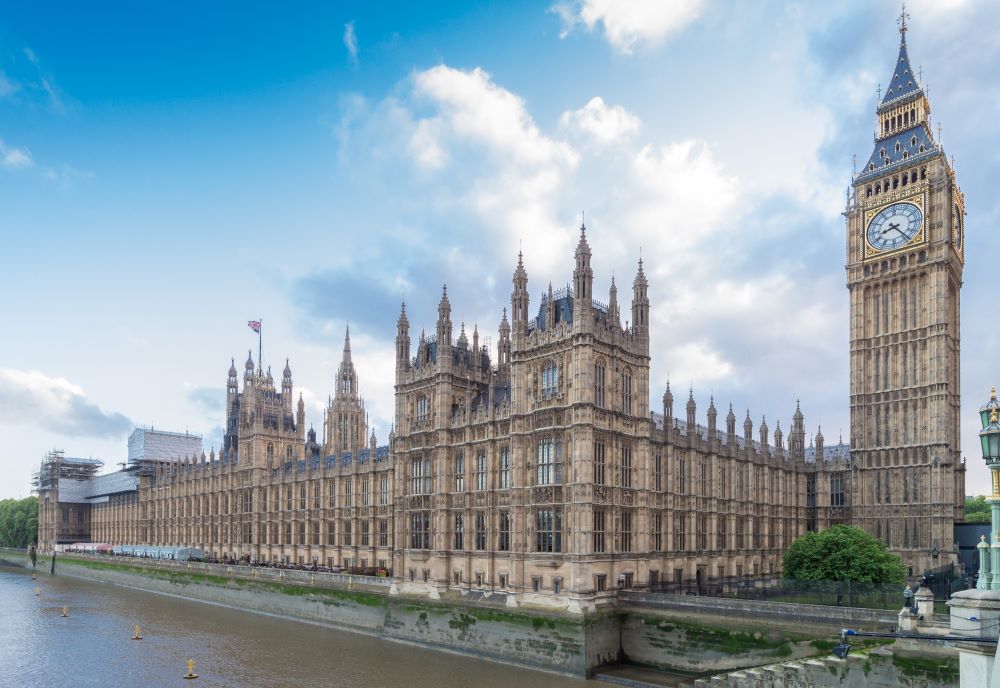
The government has used today’s (7 November) King’s Speech to focus on issues of energy independence, economic growth and fighting inflation, with some attention also given to its plans for trade, as well as its reform of digital market legislation.
King Charles III opened the year’s parliamentary session with a speech setting out prime minister Rishi Sunak’s priorities for the coming months.
CPTPP legislation
The government’s agenda includes legislation designed to implement the Comprehensive and Progressive Agreement for Trans-Pacific Partnership (CPTPP).
Among the provisions it intends to implement in order to make the UK compliant with the CPTPP’s requirements are measures on technical barriers to trade, government procurement and intellectual property.
A House of Commons Library outline ahead of the speech notes that the government expects the agreement to enter force in the second half of 2024
Any trade agreement needs to pass the parliamentary scrutiny process before it takes effect.
Oil licenses
The focus of the government, the speech explained, was on continuing to combat inflation and ease the cost-of-living crisis, and to “reduce reliance on volatile international energy markets and hostile foreign regimes”.
Plans for achieving this include “support [for] the future licensing of new oil and gas fields”.
Continuing negotiations on various trade agreements were promised, as was investment in new technologies.
The carry-overs
Bills that the government was unable to pass into law in the previous parliamentary session can be carried over into the next.
Sunak’s government has agreed the carry-over of five bills, including the Data Protection and Digital Information (No. 2) Bill, aimed at reforming data protection in a post-Brexit environment.
The government says it will “modernise regulation so firms can grow and boost competition in the UK”.
Also among the carry-overs is the Digital Markets, Competition and Consumers Bill, which is designed to give new powers to the Competition and Markets Authority (CMA).
The bill also seeks to enhance the position of the Digital Markets Unit, a body designed to “introduce a code of competitive conduct for particularly powerful digital firms”, per Thomson Reuters Practical Law.
Draft excluders
The government is unlikely to get many of the bills labelled ‘draft’ into law before the next general election, expected sometime in 2024, according to analysis by Sky News.
Bills with the word ‘draft’ attached are given lower priority in the legislative agenda, and it would thus be a challenge to get them all passed before the end of the government’s term.
Those bills include the Rail Reform Bill, which is designed to establish Great British Railways, a body dedicated to managing the nation’s railways and train contracts, previously vaunted by former PM Boris Johnson.
The Independent has reported on industry fears that the proposal could be dropped.



